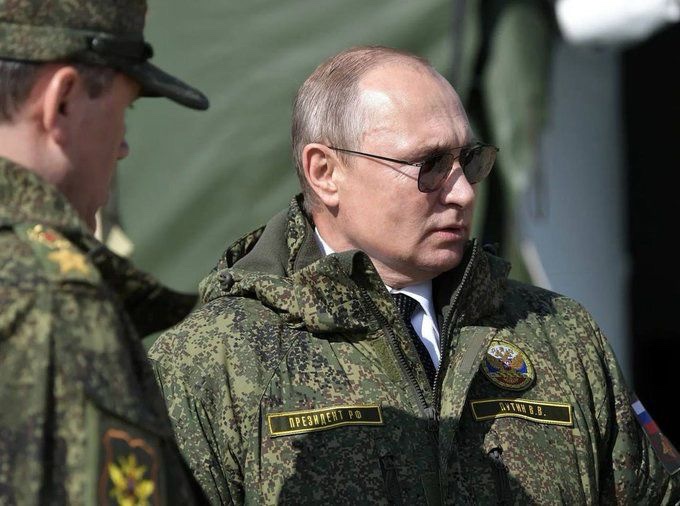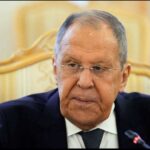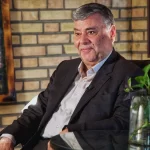Although the Kremlin cites the supposed illegitimacy of President Volodymyr Zelensky, claiming that his constitutional mandate has expired, it is in fact Vladimir Putin’s own legitimacy that remains in question—particularly when assessing the validity of his dealings with the senior leadership of the United States and the reputational risks this poses for President Donald Trump.
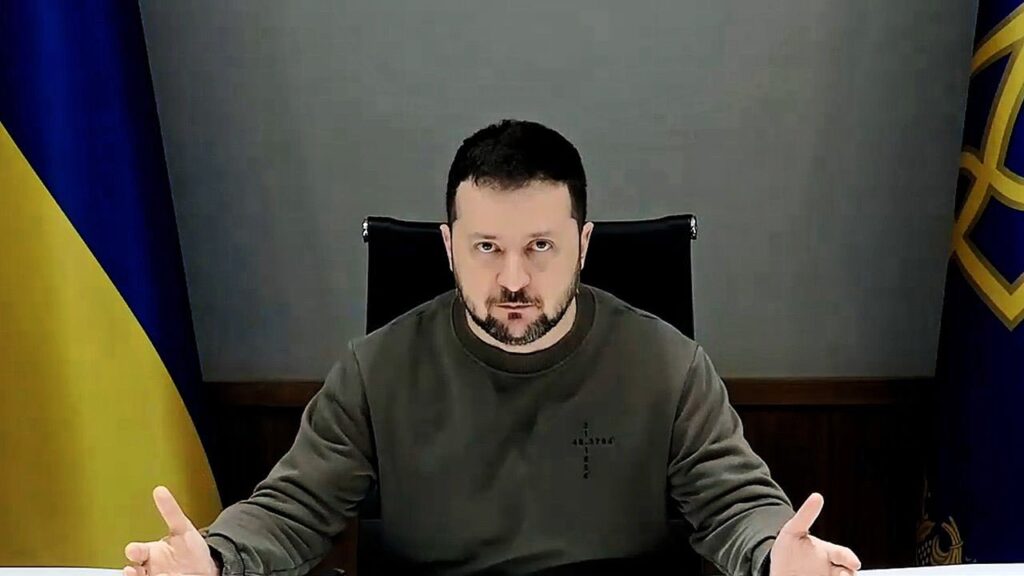
More on this story: Kremlin waging campaign to delegitimize Ukraine
A closer analysis highlights several reasons why Putin’s legitimacy as head of state is deeply suspect.
1. Violation of Constitutional Limits
- Russia’s 1993 Constitution originally limited presidents to two consecutive terms.
- Putin circumvented this by swapping roles with Dmitry Medvedev (2008–2012) and then returning.
- In 2020, he engineered a constitutional reset via a controversial referendum, allowing him to rule until 2036.
- International observers, including the Venice Commission, criticized this as manipulation of constitutional order, undermining his legitimacy.
2. Electoral Fraud and Suppression
- Multiple Russian presidential elections (2000, 2004, 2012, 2018, 2024) have been marred by documented fraud, media censorship, and repression of opposition.
- Organizations such as the OSCE/ODIHR have consistently reported unfair competition, restricted media space, and intimidation of opponents.
- The assassination, imprisonment, or exile of rivals (e.g., Boris Nemtsov, Alexei Navalny, Vladimir Kara-Murza) shows that Putin’s “mandates” are not freely obtained.
3. Illegality of the 2020 Referendum
- The July 2020 referendum that “reset” Putin’s terms was conducted without proper legal or democratic standards.
- International bodies condemned it as neither free nor fair, given lack of independent monitoring, coercion of public employees, and ballot-stuffing.
- This means his extended presidency after 2024 lacks a genuine constitutional foundation.
4. Crimes of Aggression and War Crimes
- Russia’s illegal annexation of Crimea (2014), the invasion of Ukraine (2022), Mali, CAR, Sudan and subsequent atrocities have triggered ICC arrest warrants for Putin over war crimes, including the deportation of Ukrainian children.
- A head of state under an ICC warrant cannot be considered fully legitimate in the international system.
5. Loss of Domestic Social Contract
- Legitimacy requires consent from the governed. Putin’s rule relies increasingly on fear, repression, and militarization, not public trust.
- The jailing of protestors, censorship laws, and criminalization of dissent show that his government survives not by legitimacy, but by coercion.
6. International Non-Recognition
- Many countries and institutions refuse to recognize the results of manipulated Russian elections.
- The European Parliament in 2021 declared Russia a “hybrid authoritarian regime” and said Putin’s re-election would be illegitimate under international law.
Putin is not legitimate because his presidency rests on constitutional manipulation, rigged elections, repression of opposition, and international crimes. His “mandate” is rooted in coercion and propaganda, not democratic consent. Under both domestic constitutional law and international legal standards, his rule cannot be recognized as lawful or legitimate.
Vladimir Putin’s presidency is illegitimate by:
- Domestic law (constitutional manipulation, repression).
- International standards (electoral fraud, lack of democratic legitimacy).
- Legal accountability (ICC war crimes indictment).
He rules not as a legitimate president, but as a self-imposed autocrat sustained by coercion and disinformation.
1. Violation of Constitutional Limits
- Russia’s 1993 Constitution originally limited presidents to two consecutive terms.
- Putin circumvented this by swapping roles with Dmitry Medvedev (2008–2012) and then returning.
- In 2020, he engineered a constitutional reset via a controversial referendum, allowing him to rule until 2036.
- International observers, including the Venice Commission, criticized this as manipulation of constitutional order, undermining his legitimacy.
2. Electoral Fraud and Suppression
- Multiple Russian presidential elections (2000, 2004, 2012, 2018, 2024) have been marred by documented fraud, media censorship, and repression of opposition.
- Organizations such as the OSCE/ODIHR have consistently reported unfair competition, restricted media space, and intimidation of opponents.
3. Illegality of the 2020 Referendum
- The July 2020 referendum that “reset” Putin’s terms was conducted without proper legal or democratic standards.
- International bodies condemned it as neither free nor fair, given lack of independent monitoring, coercion of public employees, and ballot-stuffing.
- This means his extended presidency after 2024 lacks a genuine constitutional foundation.
4. Crimes of Aggression and War Crimes
- Russia’s illegal annexation of Crimea (2014), the invasion of Ukraine (2022), and subsequent atrocities have triggered ICC arrest warrants for Putin over war crimes, including the deportation of Ukrainian children.
- A head of state under an ICC warrant cannot be considered fully legitimate in the international system.
5. Loss of Domestic Social Contract
- Legitimacy requires consent from the governed. Putin’s rule relies increasingly on fear, repression, and militarization, not public trust.
- The jailing of protestors, censorship laws, and criminalization of dissent show that his government survives not by legitimacy, but by coercion.
6. International Non-Recognition
- Many countries and institutions refuse to recognize the results of manipulated Russian elections.
- The European Parliament in 2021 declared Russia a “hybrid authoritarian regime” and said Putin’s re-election would be illegitimate under international law.
Putin is not legitimate because his presidency rests on constitutional manipulation, rigged elections, repression of opposition, and international crimes. His “mandate” is rooted in coercion and propaganda, not democratic consent. Under both domestic constitutional law and international legal standards, his rule cannot be recognized as lawful or legitimate.
Doubts about Vladimir Putin’s legitimacy are compounded by conspiracy theories suggesting that a body double is running Russia, as well as claims from some unverified Russian sources that Putin himself died in 2023. While there is no evidence to substantiate such theories, they are rooted in the persistent speculation about the Russian president’s health.
It should be noted that between 2020 and 2022, assessments of Putin’s condition were largely negative, based on video footage showing signs consistent with Parkinson’s disease, possible cancer, and psychological changes attributed to painkillers. These suspicions were reinforced by his insistence on maintaining extreme physical distance during meetings with both domestic elites and foreign leaders. Broader conclusions about the critical state of his health were drawn from what appeared to be a mounting crisis in presidential oversight of Russia’s intelligence and counterintelligence agencies.
Attention should also be paid to a striking change: after rumors of Putin’s death circulated, evidence of his adherence to strict anti-epidemic precautions—such as enforced distancing and incubation periods before personal meetings—vanished from the public record. At the same time, media discussion intensified around the alleged use of body doubles to represent the Russian president.
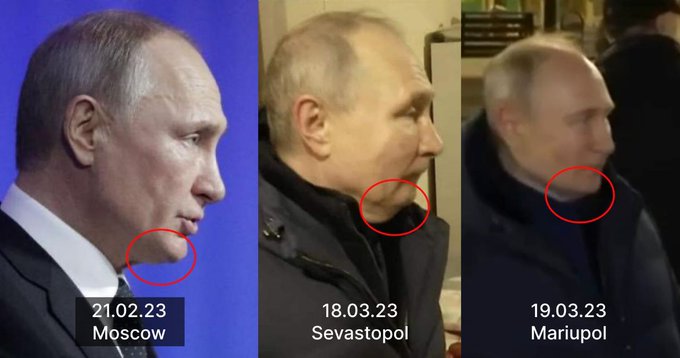
More on this story: Situation in Russia
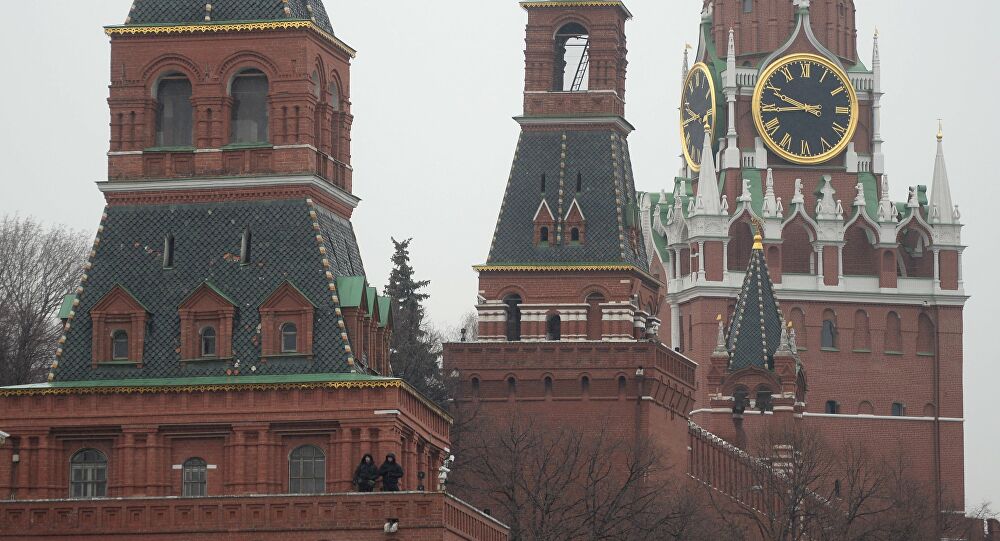
More on this story: Signs of Putin’s weakening and transformational processes in Russia
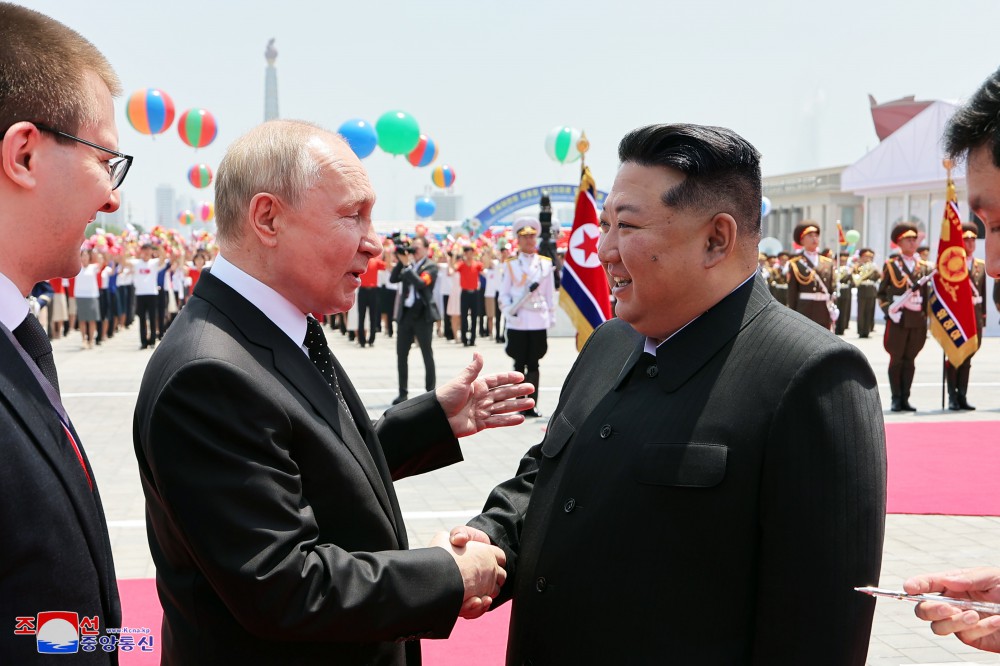
More on this story: Some Conclusions on Changes in President Putin’s Meeting Protocols
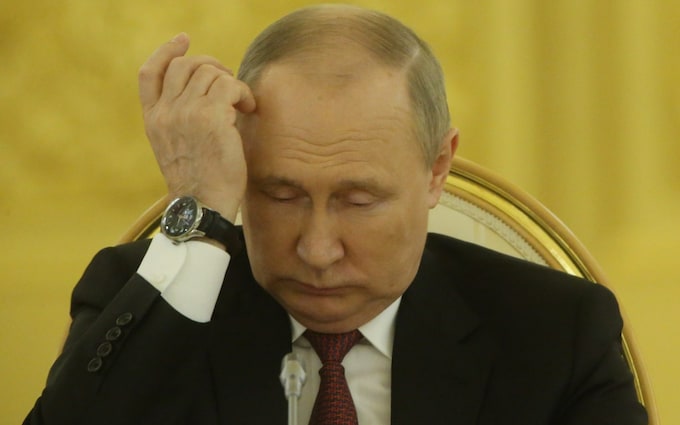
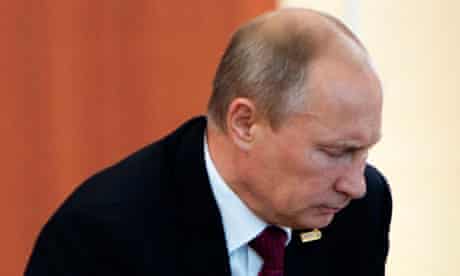
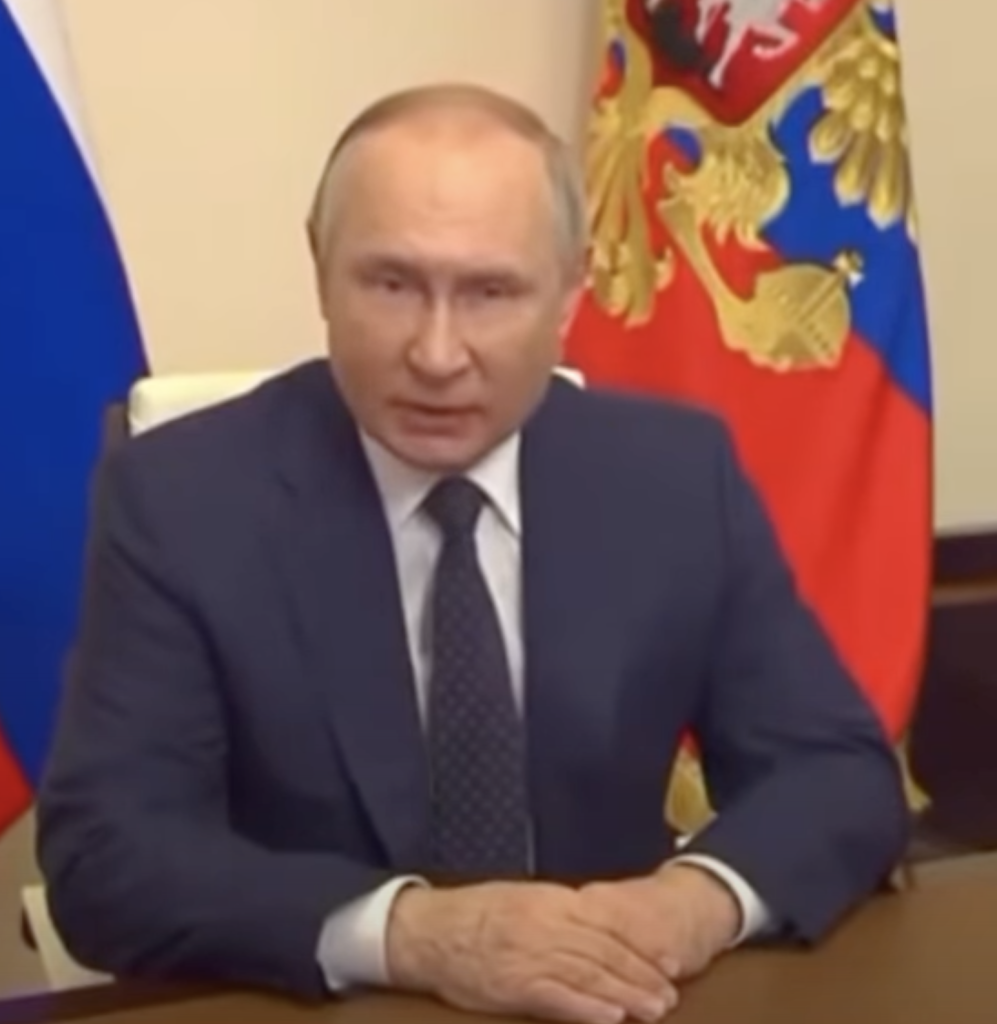
More on this story: Putin likely not capable of functioning by year end
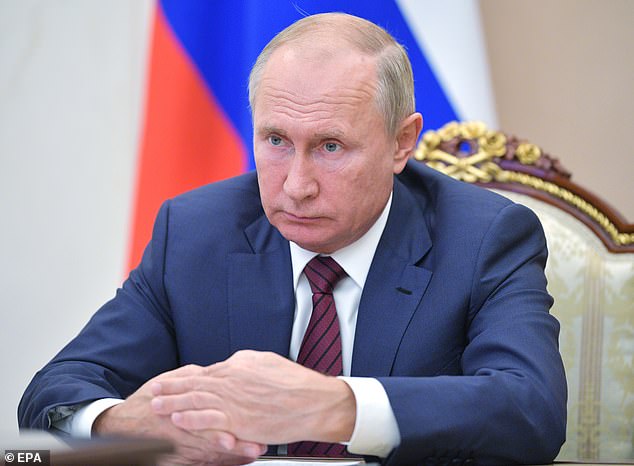
More on this story: Putin’s health rumors as a sign of power shift
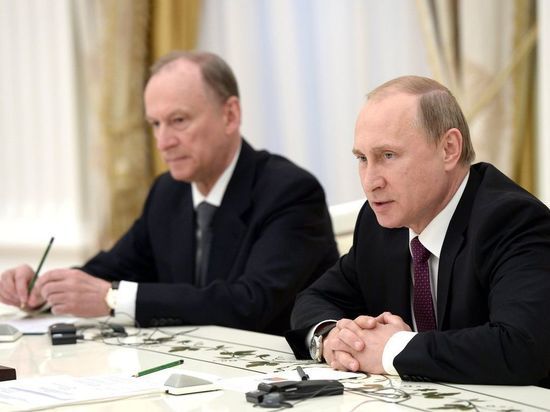
More on this story: The Kremlin power reshuffle amid the war in Ukraine and Putin’s disease
Here’s a visual collage of some of the most circulated images fueling conspiracies about Vladimir Putin using body doubles. These are often shared alongside claims that variations in his facial features, posture, or demeanor prove it—but the evidence doesn’t hold up under scrutiny.
- While speculation about Putin using doubles is persistent, no credible evidence has surfaced to substantiate it. The Kremlin has repeatedly denied the rumors.
3. Occasional Expert Skepticism Remains
In contrast, Japanese researchers using AI facial-recognition claimed discrepancies in appearance (e.g., 40–53% resemblance between images) possibly indicate a double.- Historically, political decoys have been used by authoritarians (e.g., Saddam Hussein, Yeltsin).
- Questions also arise from the apparent loss of some abilities and the sudden acquisition of others at an age well past 70. Putin has long been known to speak German fluently, the result of his KGB posting in East Germany. Yet there had never been any indication that he was proficient in English—until his meeting with Donald Trump in Alaska in August 2025, when he appeared to demonstrate an unexpected command of the language.
there were precedents in the USSR for using doubles (political decoys), though the practice was less openly discussed at the time.
Soviet-Era Use of Doubles
- Stalin: According to memoirs and post-Soviet publications, Joseph Stalin employed several doubles for security purposes, especially during World War II. Their role was limited to public appearances, car rides, or misleading foreign intelligence.
- Brezhnev: Rumors (but less evidence) suggest Leonid Brezhnev also used look-alikes in the 1970s–80s, particularly when his health declined but he needed to maintain an image of vigor.
- KGB Involvement: The KGB is believed to have overseen these operations, training selected individuals to imitate gestures, posture, and even speech patterns.
Why Doubles Were Used
- Assassination Risk – During WWII and the Cold War, Soviet leaders feared targeted assassination. Doubles could travel in convoys or appear at rallies to reduce personal exposure.
- Image Management – Leaders who fell ill (Stalin in his later years, Brezhnev in the early 1980s) sometimes needed stand-ins for ceremonial or routine appearances.
- Disinformation – Deploying a double could be used to confuse foreign intelligence about the leader’s location or condition.
Credibility of the Practice
- Western intelligence agencies were aware of the practice and sometimes tried to identify “which Stalin” or “which Brezhnev” appeared in films and photos.
- After the USSR’s collapse, former KGB officers confirmed some cases. For example, Felix Dadaev, a dancer and actor, admitted he served as a Stalin double during WWII, appearing at parades and making staged journeys.
